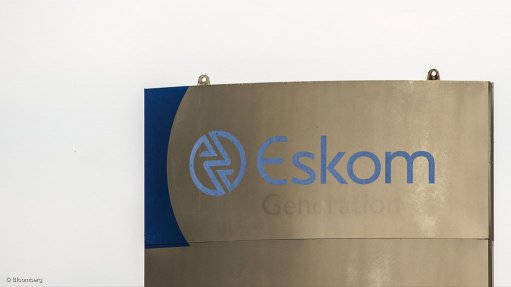
Photo by: Bloomberg
Independent power producers and coal procurement are among the biggest cost drivers for State-owned electricity company Eskom, accounting for 50 percent of its costs, parliament's select committee on appropriations has said.
The committee this week visited Eskom's Megawatt Park offices in Johannesburg to examine how management, the board, the government, suppliers and consumers can contribute in returning the financially struggling entity to sustainability.
Eskom said it would apply rotational blackouts for a second day on Thursday, suppressing 2 000 MW of demand at any given time to avoid overwhelming the national grid as its capacity was hit by a number of generating units breaking down.
In a statement, the parliament committee said it had lengthy engagements with labour unions on the “trust deficit” between them and Eskom’s management, with union representatives saying they were not being consulted about the future of the utility or the closure of some coal-fired generation plants.
"It also emerged that independent power producers (IPPs) and coal costs are among the biggest cost drivers and account for over 50 percent of Eskom’s costs," committee chairperson Sfiso Buthelezi said.
"It is clear that some of the companies are making super-profits, up to 100 percent. The committee is of the strong view that those contracts should be renegotiated.”
The parliament committee said it was also concerned that some municipalities were not paying for electricity, urging Eskom's management to devise mechanisms for effective debt collection.
It said Eskom executives also conceded there was a need for a belt-tightening mechanism at the company and that the recapitalisation availed to the company was strictly for debt and interest payment only.
The committee, which will meet the Eskom board before the end of the month to share some of its findings and recommendations, also urged the board and the public enterprises minister to finalise the appointment of a permanent chief executive to bring some stability to the company.